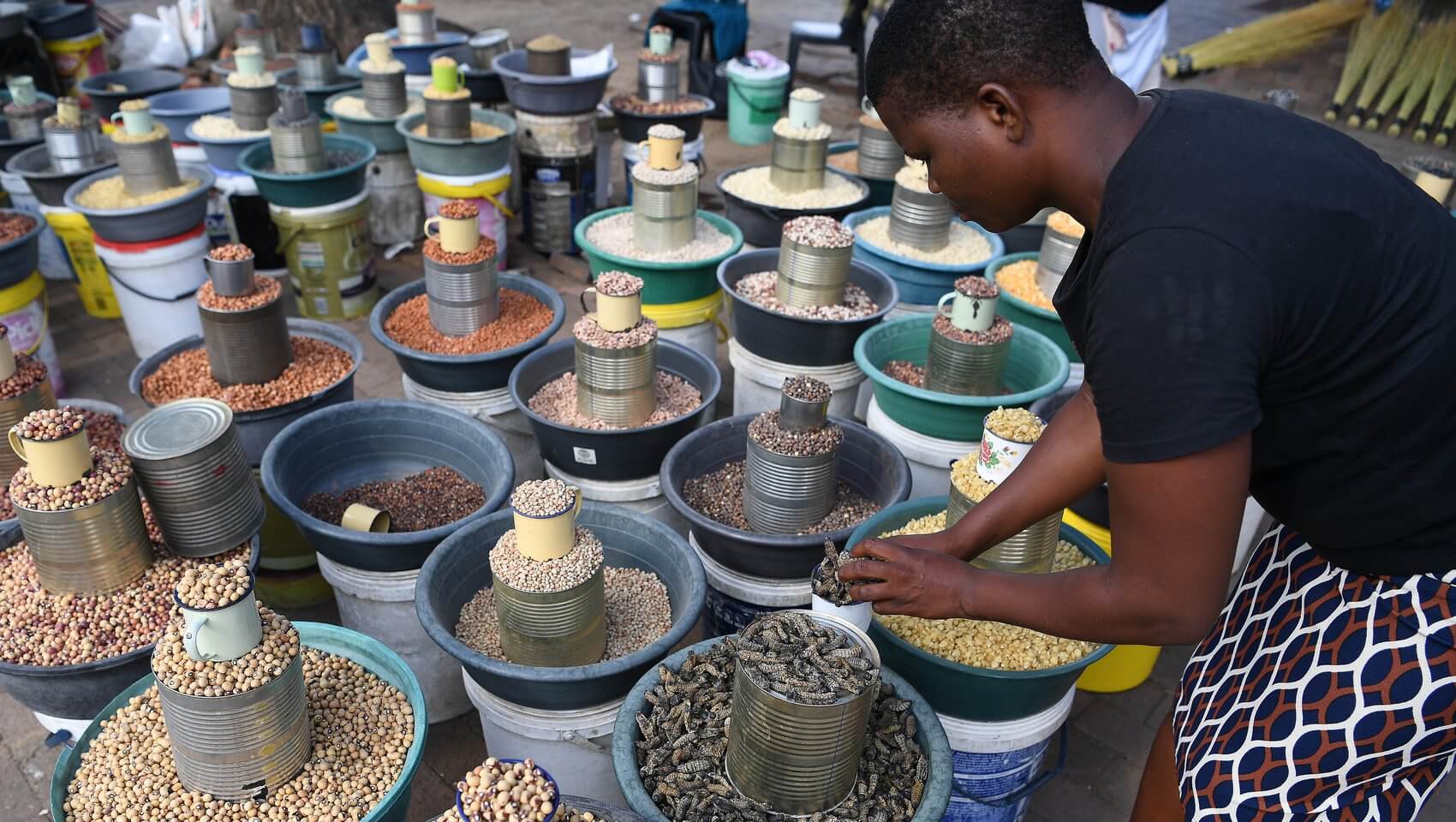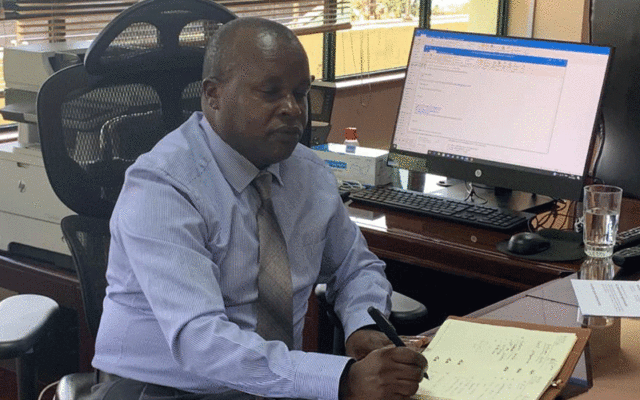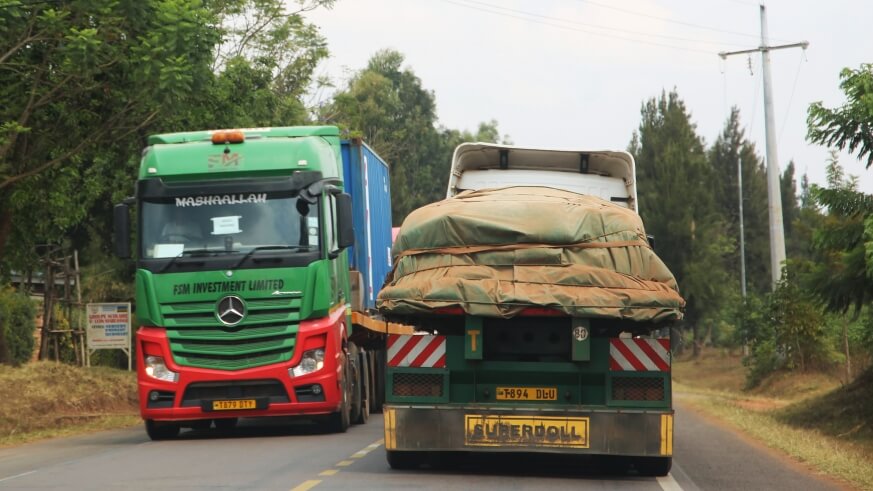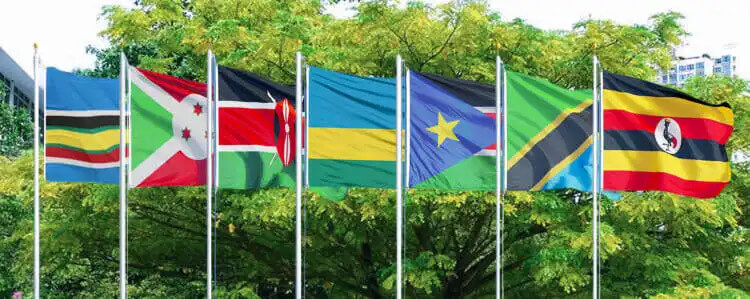After much anticipation, the African Continental Free Trade Area (AfCFTA) launched on 1 January 2021. Hailed as a catalyst for continental integration, the agreement aims to "create a single market for goods and services, facilitate the movement of persons, and promote industrial development and sustainable and inclusive socio-economic growth on the continent". However, experts caution that full implementation of the historic pact, signed in March 2018 at the AU Kigali Summit, may take years to materialise. The previous deadline for operationalising the AfCFTA was 1 July 2020, but it was pushed out to the new year after the pandemic made in-person negotiations impossible. If implemented fully, the agreement is expected to provide an economic boost of US$3.4 trillion to the continent, which is even more critical given the socioeconomic impact COVID-19 is having across Africa. Nevertheless, the truth remains that it will only live up to its potential if the benefits from intracontinental trade are inclusive for all Africans. While the AfCFTA promises to boost intra-Africa trade as whole, little is said on the impact it will have on Informal Cross Border Trade (ICBT) which is pre-dominantly led by women. Globally, ICBT is defined as trade between neighbouring countries conducted by vulnerable, small, unregistered traders. The Southern African Development Community (SADC) defines it as “businesses operating in goods and services that trades across the border, which have no official export/import license or permit within a defined threshold and frequency”. For Africa’s most vulnerable people such as women and youth, who usually constitute the majority of informal cross border traders, ICBT...
Women without borders: What the AfCFTA can do for Botswana’s informal cross border traders
Posted on: January 18, 2021
Posted on: January 18, 2021
























